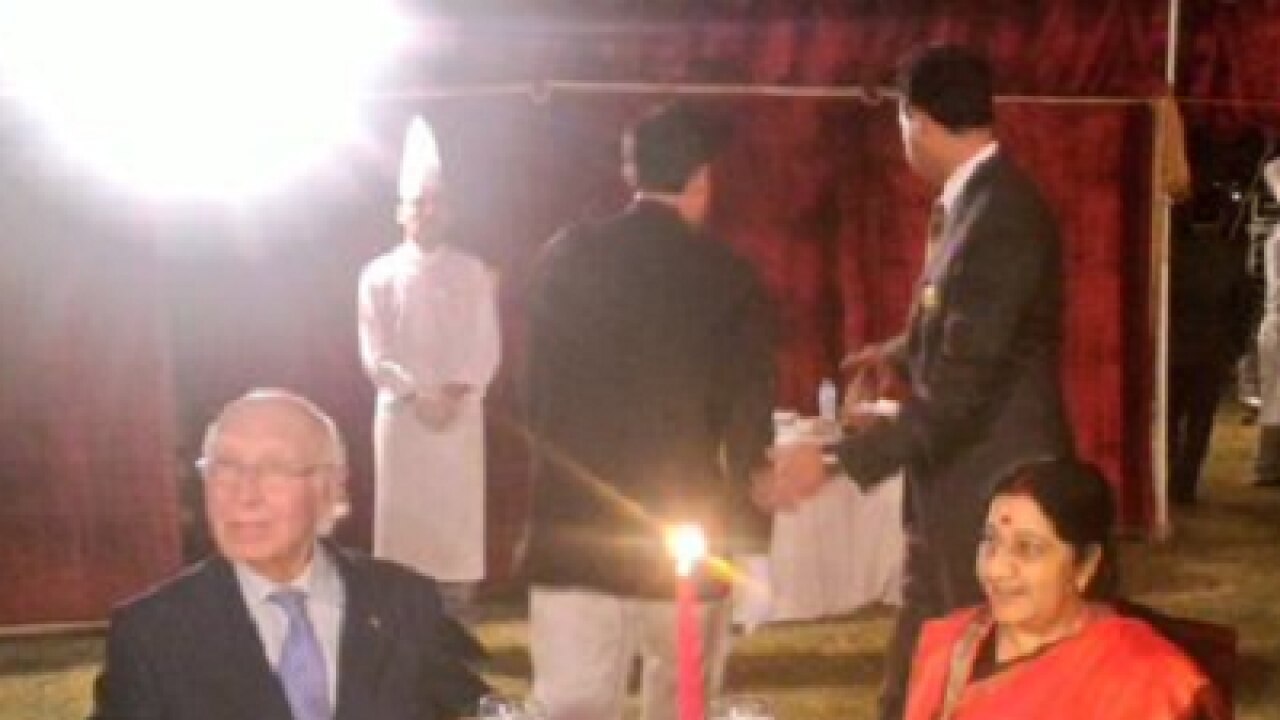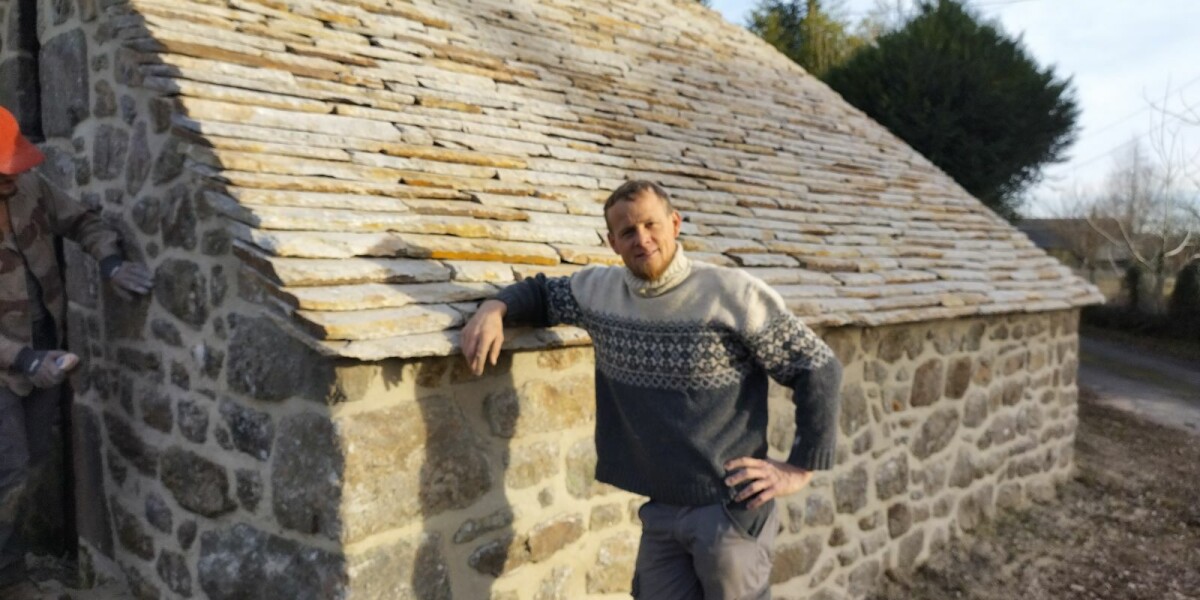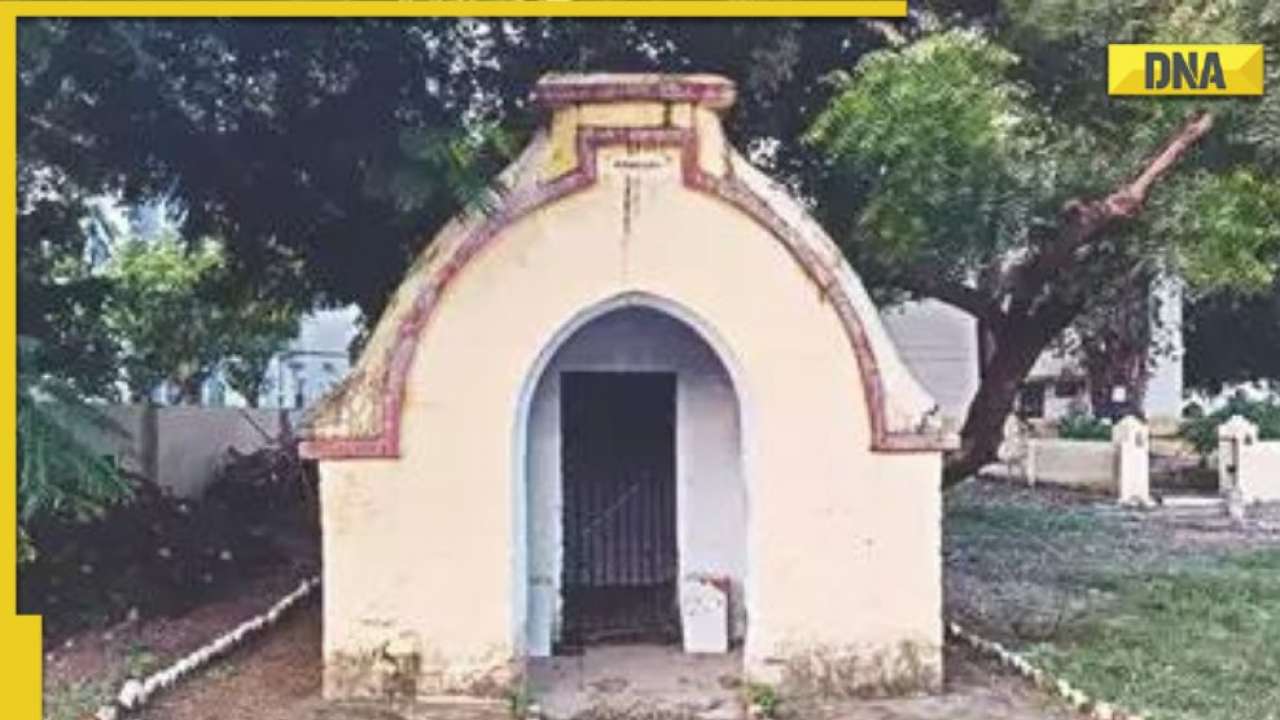
- Select a language for the TTS:
- UK English Female
- UK English Male
- US English Female
- US English Male
- Australian Female
- Australian Male
- Language selected: (auto detect) - EN
Play all audios:
"I have come with the message that ties between the two countries should be good and move forward," said Swaraj. Setting the tone for their talks on Wednesday, foreign ministers of
India and Pakistan on Tuesday expressed optimism and desire to improve ties which have witnessed strain in the past few months, maintaining the effort will be to carry forward the
engagement. After arriving on a two-day visit, primarily to attend a multilateral meet on Afghanistan, external affairs minister Sushma Swaraj said relationship between the two countries
should be better and that she will hold talks with Pakistani leaders to find ways to improve bilateral ties. "I have come with the message that ties between the two countries should be
good and move forward," said Swaraj. Swaraj will hold talks with her Pakistani counterpart Sartaz Aziz and call on Prime Minister Nawaz Sharif on the sidelines of the conference on
Wednesday. Aziz said he was expecting a "good and positive" outcome from the meeting and both sides should take forward the engagement to improve ties. Swaraj's visit comes
after talks between the National Security Advisors of India and Pakistan in Bangkok on Sunday, where they discussed terrorism, Jammu and Kashmir and a range of key bilateral issues apart
from agreeing to carry forward the "constructive" engagement. Later in the night Sushma Swaraj met her Pakistani counterpart Sartaj Aziz during a banquet hosted by him for the
heads of delegates participating in a multilateral conference on Afghanistan. Aziz greeted Swaraj warmly and both engaged in a brief conversation. Aziz later sat next to Swaraj. The fifth
'Heart of Asia' conference, an annual gathering of Asian and other countries, is aimed at enhancing cooperation for countering security threats and promoting connectivity in the
region. The high-ranking delegations from 14 participating states, 17 supporting countries and 12 international and regional organisations are participating in the two-day conference.




